©Copyright 2018 GEOSCIENCE RESEARCH INSTITUTE
11060 Campus Street • Loma Linda, California 92350 • 909-558-4548

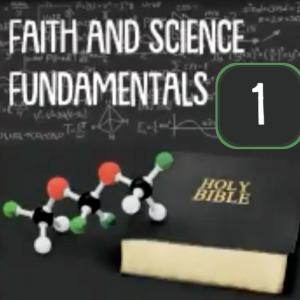
What is this thing called science?
What is science? Which are its main features and how is it different from other sources of knowledge? Why is it important to distinguish between data and interpretation? Is it true that giant frogs existed in the past that ate dinosaurs?
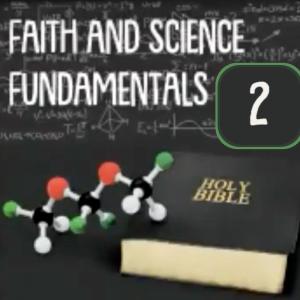
Science and Truth
In the second episode of the webinar series Faith and Science Fundamentals, we analyze the relationship between science and truth, discussing some philosophical theories on the development of scientific knowledge and the influence of paradigms in the history of science.
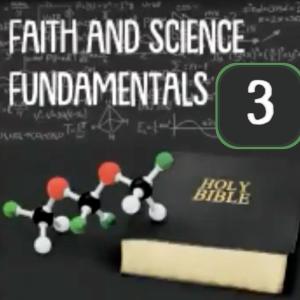
God's two books
In the third episode of the Faith and Science Fundamentals series, we focus on "God's two books", the Bible and nature, which, because they have the same author, should be in harmony and convey the same message. However, sometimes they seem to be in conflict. Where does this conflict come from? How can we resolve it?
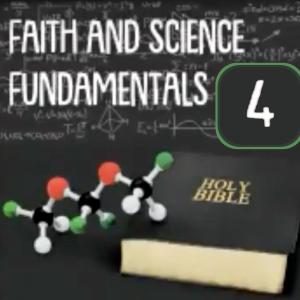
Scientists, Christians and Creationists
Science and religion have not always been seen as opposing worldviews. In fact, the birth of modern science is intimately related to the Christian religion. Early scientists developed their research with the intention of discovering the laws and mechanisms used by God in the creation and workings of the universe. In all ages, even today, great scientists have combined and complemented their scientific activity with their faith in God and an active religious life. Some of them, moreover, have decided to trust that the biblical account of origins tells what really happened, and have found scientific evidence to support this idea.
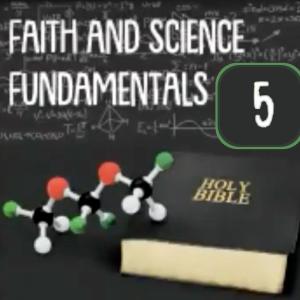
The Theory of Evolution
Charles Darwin's theory of evolution was based on natural selection as the engine of change in living beings. Later, with the advances in genetics, mutation was added to the theory as the source of the variations on which natural selection would act. The mutation-natural selection binomial thus became the main mechanism proposed for biological diversity. Do mutation and natural selection have the creative capacity assigned to them? Can they transform an organism into a different one by means of small changes accumulated over a long period of time? Are there other natural mechanisms that can do the job?
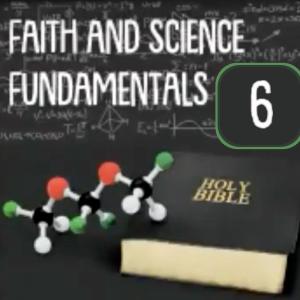
Theistic Evolution
In the origins debate there exist, between Naturalistic Evolution and Biblical Creation, numerous intermediate theories that are usually grouped under the concept of Theistic Evolution. In this session we describe the main intermediate theories and briefly discuss the theological and scientific problems they present.
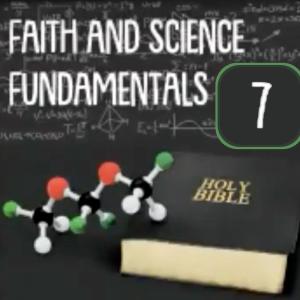
Intelligent Design
What is Intelligent Design? How is it different from Creationism? Is it a scientific or a religious approach? Who are its main proponents? What are its main arguments? What can we learn from Intelligent Design? These are some of the questions we answer in our seventh session of Faith and Science Fundamentals.
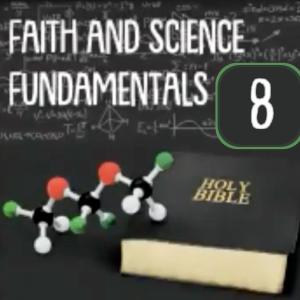
Biblical Creationism
Biblical Creationism is a theory of origins that considers the biblical text of Genesis 1 to 3 as a historical account of what really happened. In this session we review the main ideas included in this theory as well as some misconceptions about it. We also discuss several questions for which we do not have a definitive answer because the biblical text does not give us enough detail and admits different possibilities of interpretation.
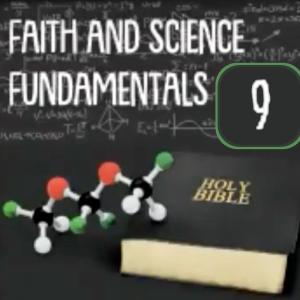
Complexity and Interdependency
We begin the Biology section by describing the characteristics and composition of living things. We then review the concept of Abiogenesis (the appearance of the first living being from non-living matter) and the serious difficulties faced by this theory, which is necessary for the naturalistic perspective of the origin of life. Finally, by means of examples relating to the different levels of study of biology (cells, organs, organisms and ecosystems), we show how the high complexity and interdependence found in all of them point to a superintelligent Creator who designed complete and functional systems from the beginning.
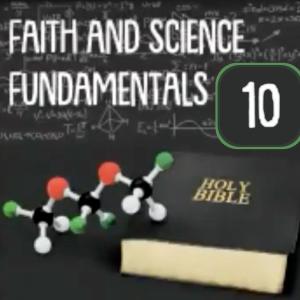
DNA and design
DNA is the hereditary material and the molecule that contains the information to make all cellular proteins. Proteins, in turn, are very complex organic molecules that perform multiple cellular functions, including copying, reading and translating DNA. In this webinar we briefly explain how this sophisticated DNA-protein system works, and discover that it is a fascinating example of information, complexity and interdependence in living things that clearly points to an intelligent designer.
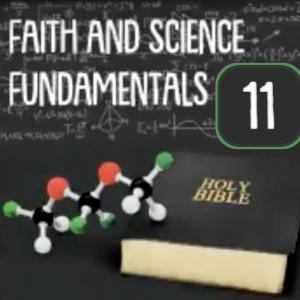
Epigenetics and pre-adaptation
Epigenetics is a recent branch of genetics that studies how chemical "tags" attached to the outside of DNA affect gene expression. The curious thing about these tags is that they are attached or removed depending on environmental factors and are passed on to offspring. In this session of Faith and Science Fundamentals we explore the implications of these discoveries for Biology and for models of origins.
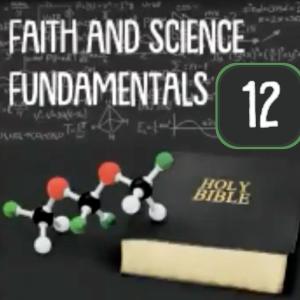
Natural Selection and Altruism
Altruistic behaviors are a challenge to the theory of evolution because those organisms that put the benefit of others ahead of their own should be eliminated by natural selection. However, altruistic behaviors are relatively common in nature. In this session we explore some examples of collaboration, empathy, and altruism in plants and animals. We also discuss how these behaviors are explained depending on the worldview of the researchers.
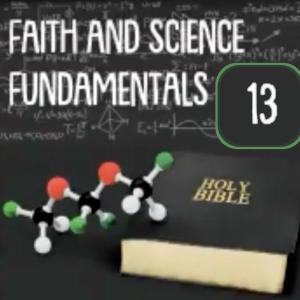
Flood Geology
In this episode of the Faith and Science Fundamentals series we present some geological evidence of a global catastrophe that completely changed the configuration of the earth's surface.
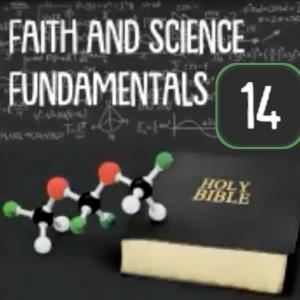
What do Fossils Tell Us?
Fossils are fascinating objects that give us information about animals and plants of the past, but what do fossils tell us about origins? In this session of Fundamentals of Faith and Science, we explore the fossil record and its main features, as well as the different interpretations that have been proposed for its formation.
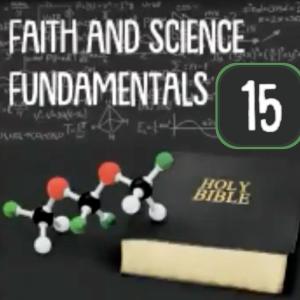
Dinosaurs
In this episode we explore the world of dinosaurs from a scientific and biblical perspective. The numerous dinosaur fossil remains distributed around the world have revealed many details about these animals but there are also plenty of myths, misconceptions and speculations that are important to differentiate from data and interpretations supported by evidence.
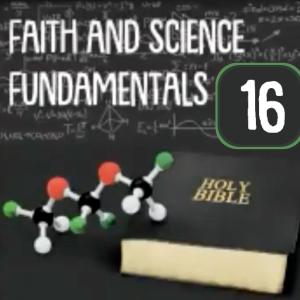
Human Fossils
Human (or human-like) fossils are of great interest to many people and are an important topic in the origins debate. In the last webinar of the Fundamentals of Faith and Science series, "Human Fossils," we will discuss some of the most famous fossils in this category, their interpretations, and their implications for Bible-believing Christians.